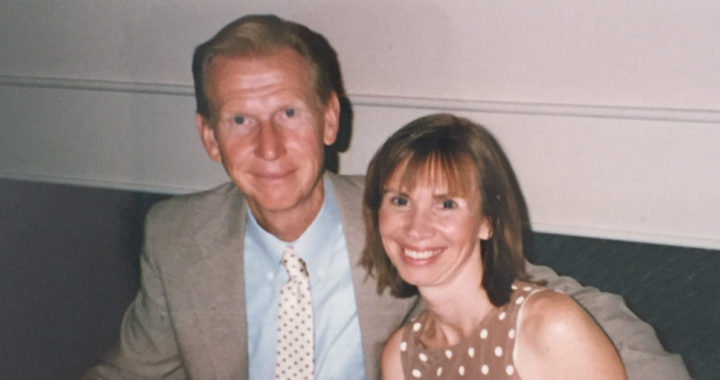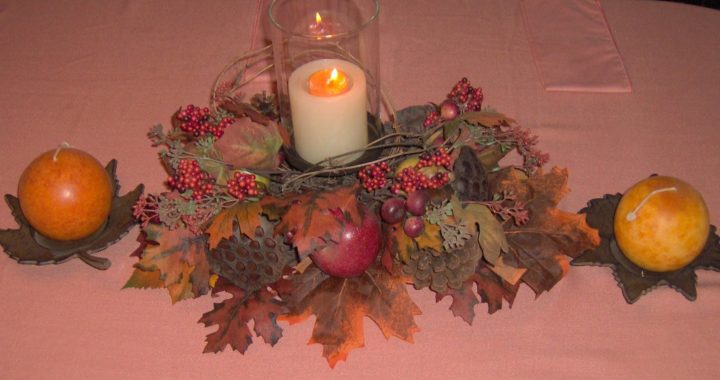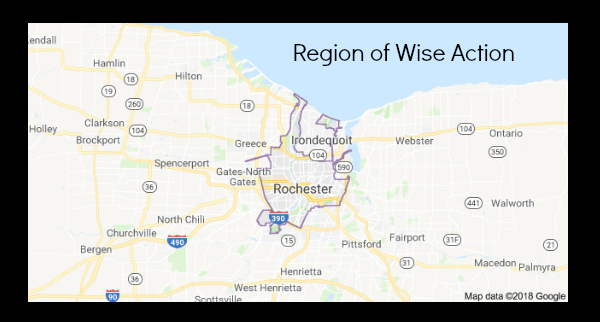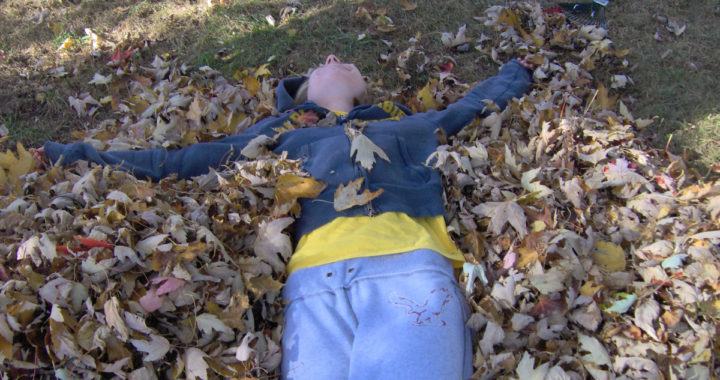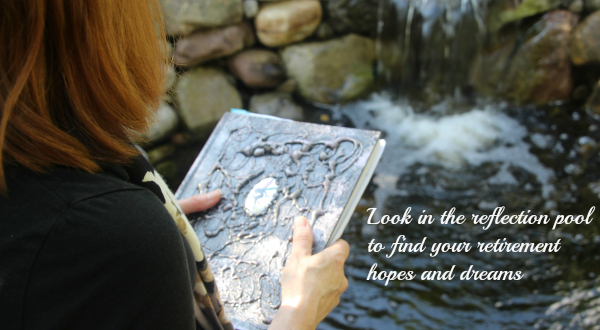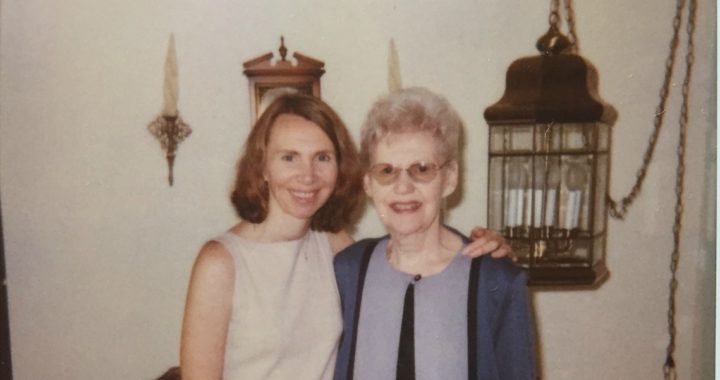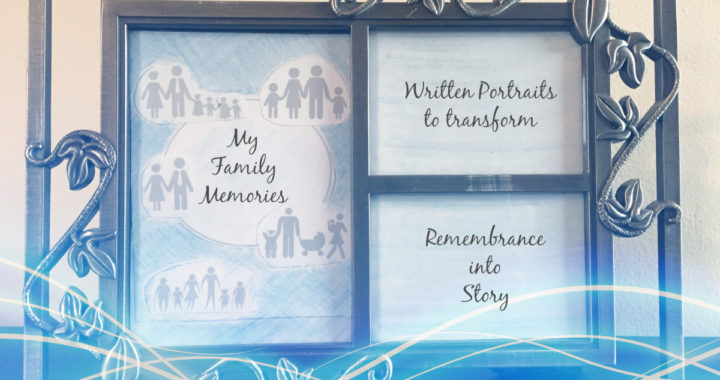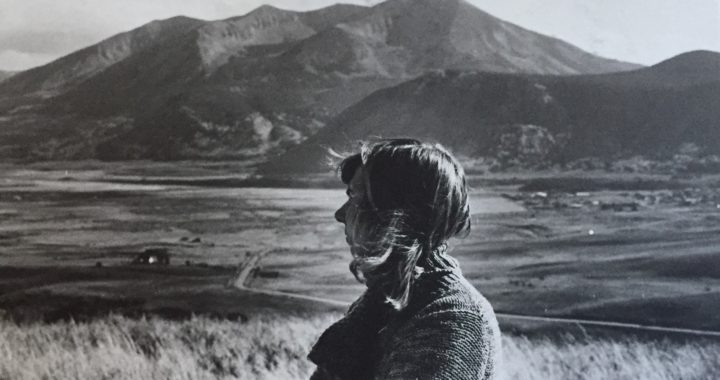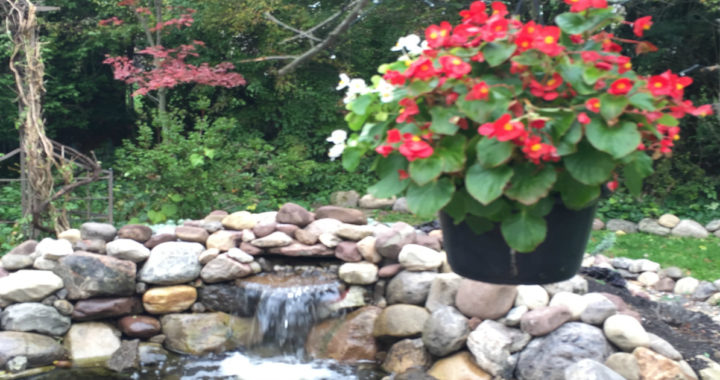In my family, it was a great honor to be chosen as a Godfather, which Oxford Dictionary defines as “a man who presents a child at baptism and promises to take responsibility for their religious education,” or more simply “a man who is influential.” It is the second definition that most accurately described my Godfather. When I recently learned of Uncle Ken’s passing, snapshots of memories began to parade in my mind like a slide show in slow motion—lingering long enough for me to realize how much he had influenced my life, even though I didn’t see him often.
First, there were the childhood Christmas gifts he sent that made my too-cautious grandma wince and my mother roll her eyes: a skateboard, a riding toy designed to look like a race car, a Pogo stick. They all suggested that I take a little adventure, but I was drawn to the Pogo stick on which I logged over a thousand hops each time I climbed on. Soon the rubber bottom wore off, and the metal end created little divots in our driveway. I was fascinated that my consistency had worn down concrete! It should be no surprise that I grew up to be a person who likes to take life slow and steady. Unlike my Uncle Ken who enjoyed taking risks, the true gift he gave was to remind me to step out of my comfort zone, and when I do there will be new adventures.
My next memory was of Buck’s Lake in California, where my uncle taught me to water ski. He had mastered slalom water skiing, and was a sight to behold as he dipped his 6 ft. 6in. frame precariously to the water, touching his shoulder to the spray as he crossed the wake. I myself preferred to stay on two skis behind the predictable bumps of the boat. “Nanc, we could have driven to Chicago by now,” he would complain before turning the motor off to let me know it was someone else’s turn to ski. Several years later, I actually did learn to cross the wake and thought about calling my uncle to share this accomplishment. However, even though I never gave him an opportunity to say it, I feared his next challenge: “Great, now you can learn to slalom like me.”
Despite living on opposite ends of the country, stories of my uncle’s life became a quiet motivator to me. When we did see each other, he was always full of energy, sharing his endless knowledge about holistic health and his latest lifestyle change. He had a quick wit and an amazing ability to share little wisdom snippets just by asking a question. He offered a subtle empathy that inspired me to call him long distance, during a particularly difficult time in my life. I remember how he listened and extended his gift of insight. It was a trait I admired and wanted to emulate.
I believe we honor the people in our lives when we reflect on their influence, recall our shared experiences and identify what we have learned from them. My Uncle Ken taught me to always be open to new adventure and to consider “dropping a ski.” While I might only be able do this figuratively, I think he would be proud and encourage all of us to do the same.

Journal Reflection:
Who is someone who has/is influencing your life?
Describe him/her and the lessons you are learning.
What would “dropping a ski” look like for you?
